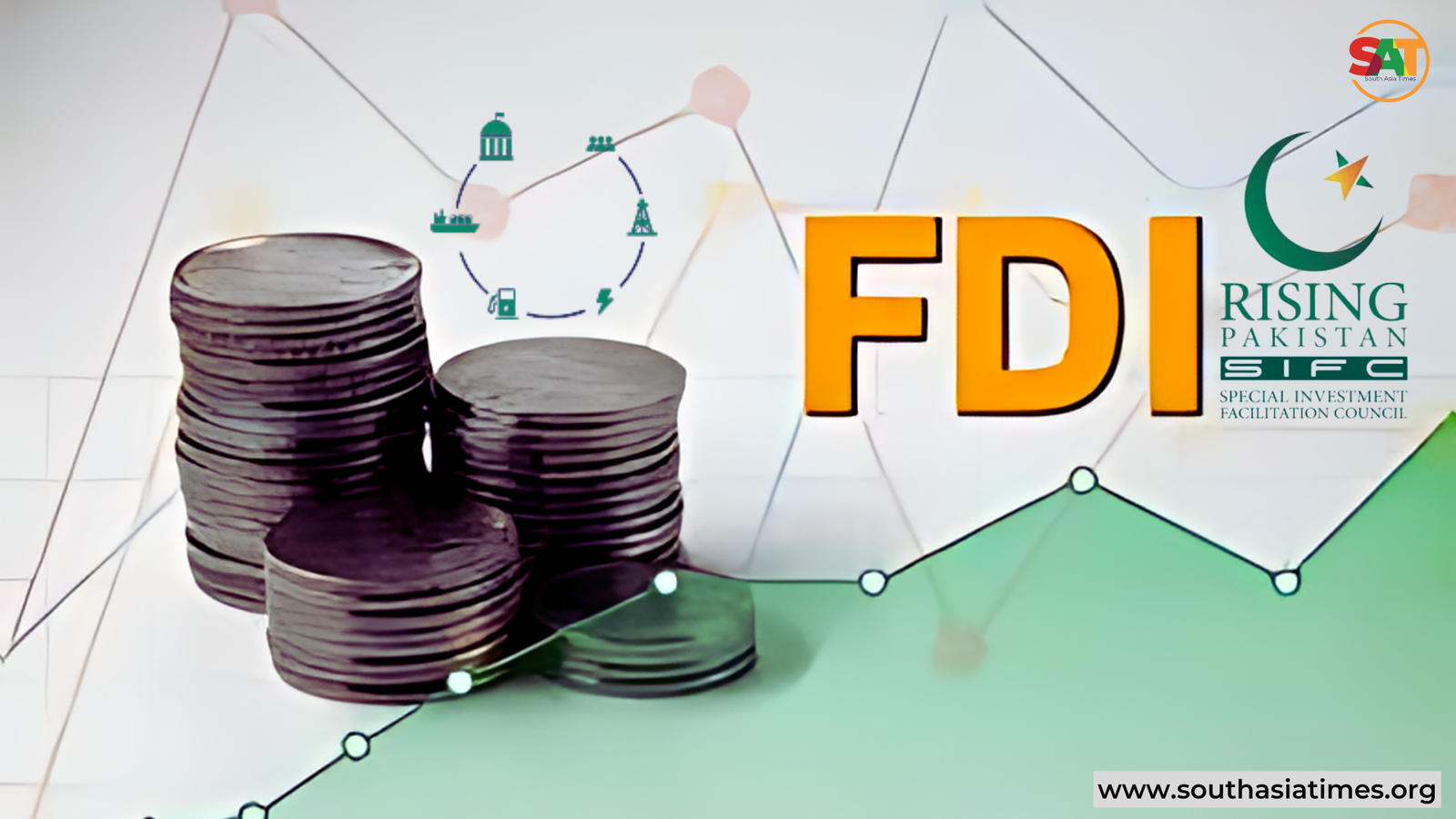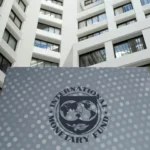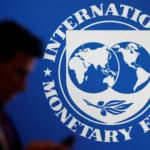Pakistan’s economy has witnessed a recent upsurge in foreign direct investment (FDI), with a significant increase from $169.91 million last year to $258.04 million in March 2024. This positive trend is largely attributed to the initiatives undertaken by the Special Investment Facilitation Council (SIFC). But can the SIFC truly be the key to unlocking Pakistan’s long-term economic potential?
Established on June 17, 2023, the SIFC’s primary objective is to attract investment, with ambitious goals of reaching $5 billion in FDI within three years and ultimately achieving a $1 trillion nominal GDP by 2035.
This ambitious vision hinges on the council’s ability to streamline the investment process, fostering a more investor-friendly environment.
The “Single Window Interface” approach adopted by the SIFC eliminates bureaucratic hurdles and expedites approvals. This creates a more efficient system for both local and foreign investors, minimizing complexities and time constraints. Recent success stories like Prince Mohammed bin Salman’s pledge of $25 billion through SIFC and the $1 billion Saudi investment in the Reko Diq project, which represents a significant increase from previously stagnant FDI inflows, highlight the council’s effectiveness in attracting significant investments.
Also Read: Saudi Arabia Eyes Investment in Pakistan: A Strategic Embrace?
Furthermore, the SIFC actively facilitates collaboration between federal and provincial governments, ensuring a more comprehensive and inclusive development strategy. This encourages a more unified approach to attracting investors and managing projects across different regions.
However, some challenges remain. The recent increase in FDI from $169.91 million to $258.04 million is a positive sign, but it’s crucial to maintain this momentum. Long-term investor confidence hinges not just on streamlined processes but also on political and economic stability. Continued efforts towards policy predictability and a transparent business environment will be key.
The SIFC’s focus on specific sectors like energy, IT, and mining holds immense potential.
With initiatives like the $200 million collaboration with a Chinese company to convert a thermal power plant to a 300-megawatt solar power facility, the SIFC is not only attracting investments but also promoting sustainable development. Notably, Shanghai Electric is also intrigued by Pakistan’s mining industry.
The council’s role extends beyond facilitating large-scale investments. Increased overall foreign investment, including remittances which totaled $330.15 million this month compared to the previous year’s figures, points towards a growing confidence in Pakistan’s economic prospects. This positive trend, with total foreign investment rising from $172.6 million to $311.2 million, needs to be nurtured to attract a broader range of investments, not just large-scale projects.
In conclusion, the SIFC’s initiatives have demonstrably contributed to a rise in FDI for Pakistan. While its effectiveness is undeniable, long-term success requires a multi-pronged approach. Continued focus on streamlining processes, fostering political and economic stability, and promoting sustainable development alongside attracting investments will be crucial for the SIFC to truly unlock Pakistan’s economic potential. Only by addressing these factors can the council’s ambitious vision for Pakistan’s economic future be realized.
The views expressed in this article are the author’s own. They do not necessarily reflect the editorial policy of the South Asia Times.
Mishaal Malik, presently pursuing a Bachelor of Science in International Relations at Quaid-e-Azam University (QAU), serves as a Research Associate at South Asia Times (SAT). Mishaal demonstrates a commitment to scholarly inquiry, particularly focusing on research related to South Asia and East Asia. She can be reached on X, formerly Twitter at @MishaalMalik502.





![Migrant workers usually leave India for Nepal in October and return home around April. This time, the ongoing pandemic hampered their return [Al Jazeera].](https://southasiatimes.org/wp-content/uploads/2020/07/Migrant-workers-150x150.webp)
Add a Comment